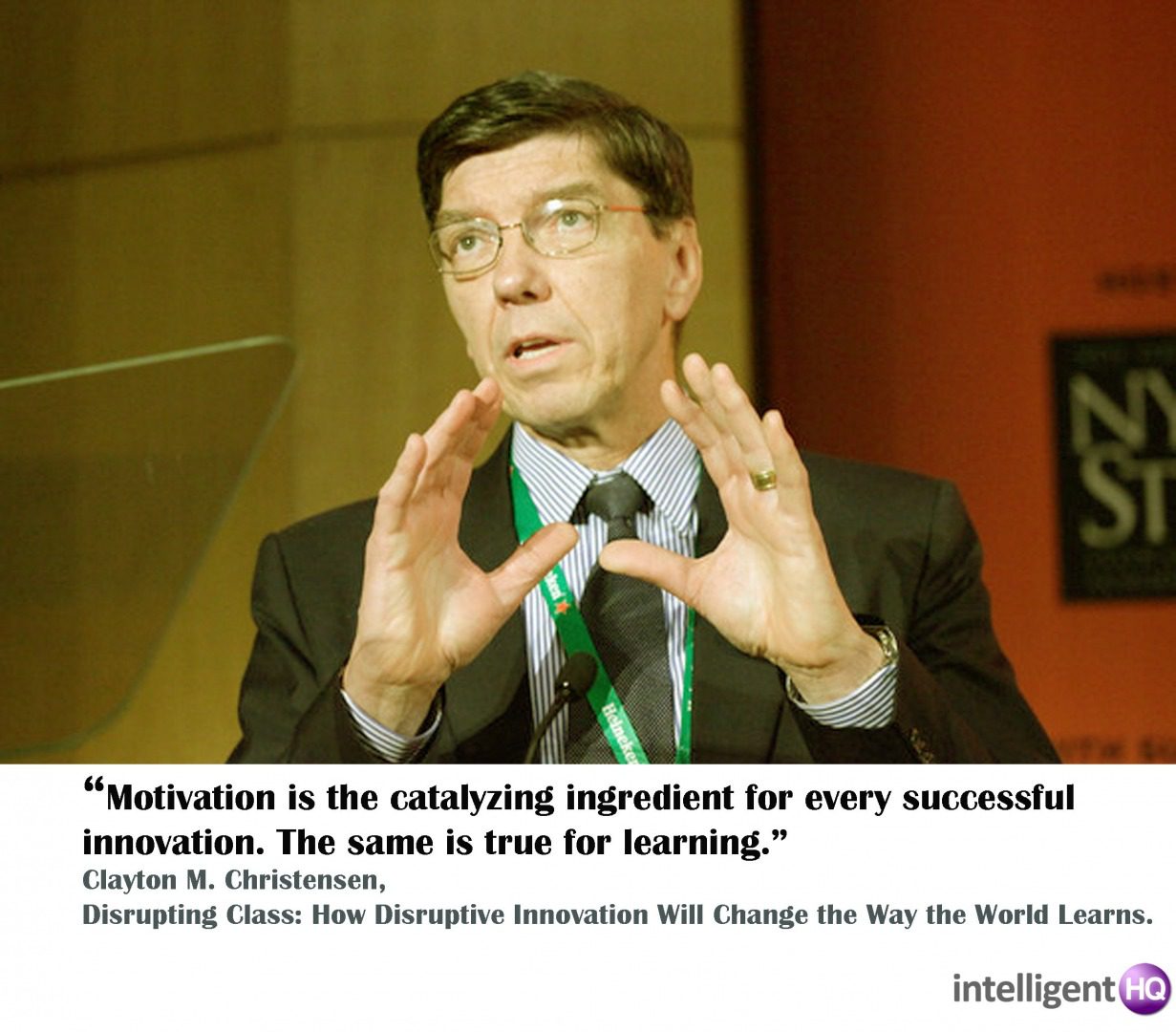
A two part series on how social media and other disruptive technologies are disrupting business education
Introduction: Disruptive Technologies
Disruptive technology is changing the world all of the time and in some fields more than others. One of those fields, is Business Education.
Major breakthrough technologies fundamentally transform the way that we live our daily lives. Consider for example the advent of the Internet which has changed so much of what we do. Or, the smartphone that has allowed us to connect to that Internet from almost anywhere. How about the way that we consume music, which has changed almost entirely in the last 15 years, with the development of the iPod and MP3 players completely disrupting the music industry and changing it at its foundations. Then there is TV on demand, social media and all variety of other amazing technologies that have changed the world.
According to The Economist, for a poll carried out for a report of theirs it is believed that technology innovation will continue at a dramatic pace in the upcoming decade, and actually these developments may even occur in a record time frame.
The idea of disruptive innovation was first proposed by Clayton M. Christensen, a well-respected Harvard academic. His work, The Innovator’s Dilemma was published in 1997. It suggested that there was this concept which he dubbed “disruptive innovation” which suggested that organisations think far too much about what customers want at the current time, rather than devising new technology and business models that are really capable of meeting needs that customers do not even know that they have right now. Products and services that were developed as a result of this type of thinking were “disruptive” and would transform entire industries. As already explained, we have certainly seen this happen.
Some of the disruptions have seemed to be the stuff of science fiction. Take voice recognition, for example, or computers that are able to win against humans in TV quiz shows. There is also even the concept of the driverless car that is becoming a reality, even though no one really thought that would happen in the foreseeable future. Those that believe disruption will continue believe that there are certain assumptions underlying this theory.
One such assumption is that there will be endless computing power, storage and bandwidth, and we are already seeing how this is needed to provide people with mobile connectivity. This allows more to be done than in the past because resources were always such an issue before. The second assumption is that big data will be amassed at an ever faster rate, and that an increasing range of sensors and the Internet of Things will only enhance this data collection and use further. A third assumption is that some types of tools will be ever increasingly used in business, such as video focused communication and social media among others, so that the ways that people work will continually be changing. Another assumption is that consumers will continue to want and demand such changes.

Disruptive technology is not hailed as all amazing by everyone. In some cases it is believed that disruptive innovation is not appropriate. For example, there are questions raised about disruptive technologies in the fields of medicine, education and journalism. There is a concern that the capitalist desire to do more with less could impact negatively on the obligations that doctors have to their patients, that teachers have to their students and that journalists have to their readers. This has led some to dispel the hype that has arisen around the idea of innovation as it has led to start-up companies that are devastating and ruthless, and that can do tremendous damage to entire industries.
Yet others would argue strongly that disruptive technology has had a considerable and beneficial impact on such areas. Innovation of the disruptive nature has led to the development of MOOCs (massive open online courses) that provide education that can be of a very high quality to people anywhere, at any time and for free in many cases. It is hard to see how that could really be a bad thing. Ironically you can attend a MOOC on surviving disruptive technologies –the course is provided through Coursera and helps individuals by furnishing them with the information and resources to survive disruption, based on a model of survival, so that you can continue with your current way of life. Social media is a disruptive influence to the business of education in many ways and that is the focus of this report.
Why is Social Media Disrupting Business Schools? Part 2

IntelligentHQ Your New Business Network.
IntelligentHQ is a Business network and an expert source for finance, capital markets and intelligence for thousands of global business professionals, startups, and companies.
We exist at the point of intersection between technology, social media, finance and innovation.
IntelligentHQ leverages innovation and scale of social digital technology, analytics, news and distribution to create an unparalleled, full digital medium and social business network spectrum.
IntelligentHQ is working hard, to become a trusted, and indispensable source of business news and analytics, within financial services and its associated supply chains and ecosystems.


























